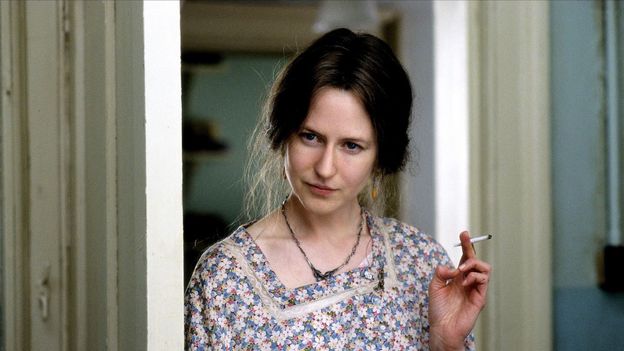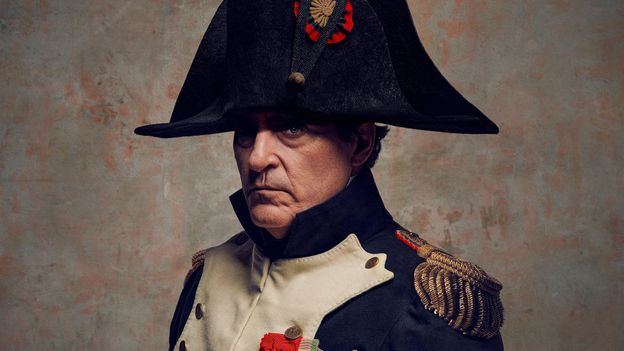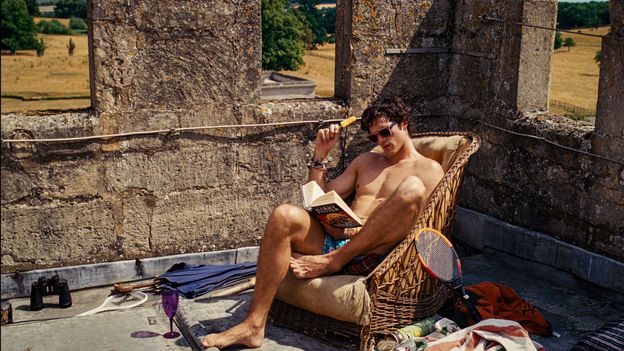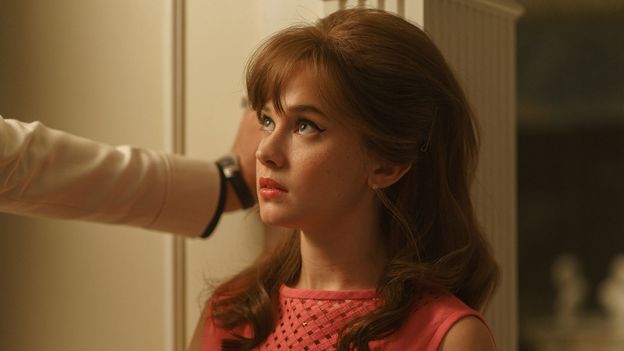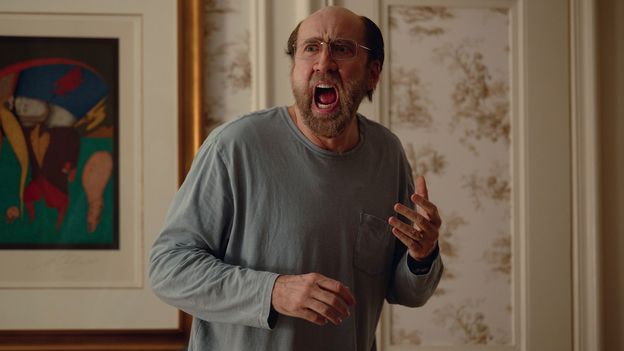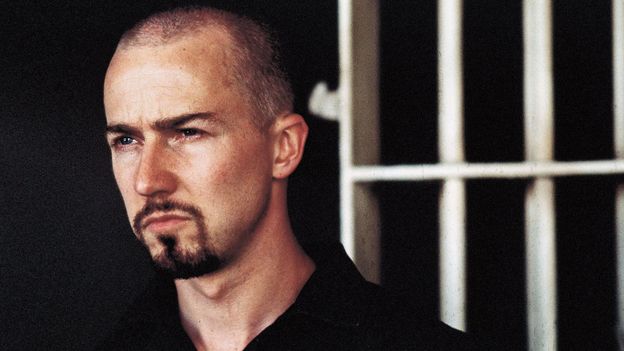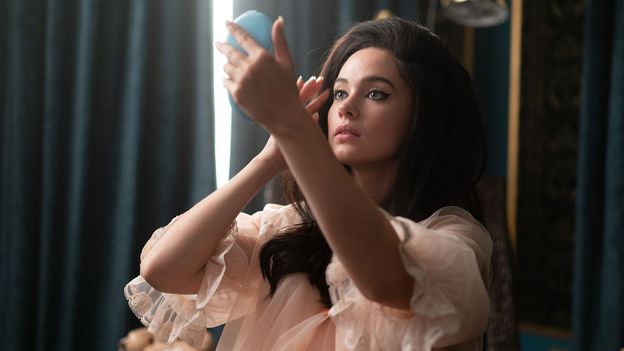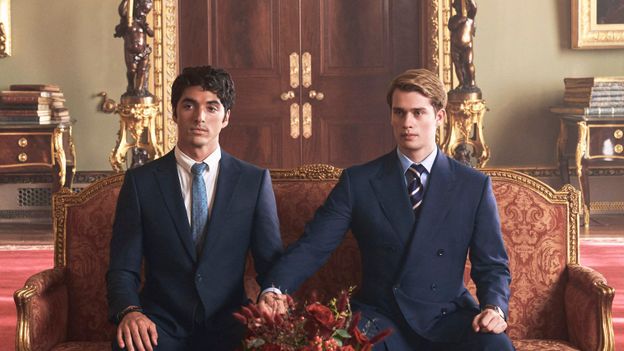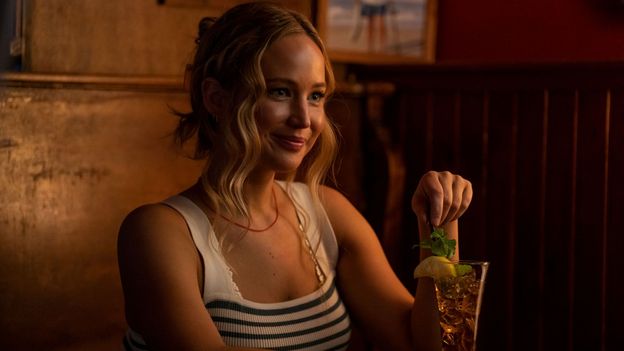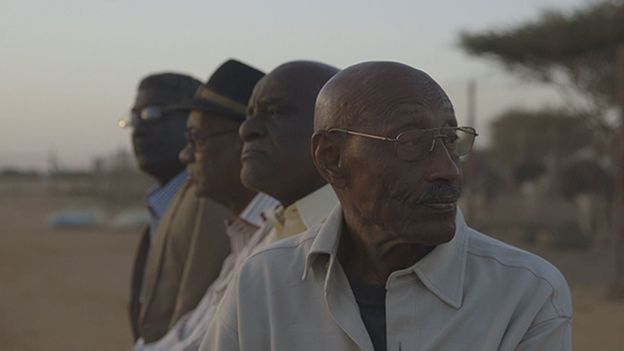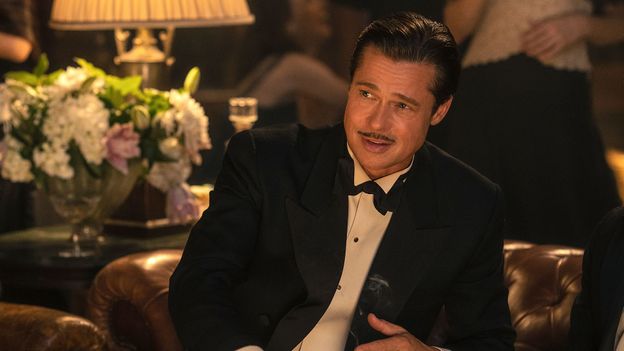As in The Hours, this sequence in Woolf Works gestures towards Woolf’s death, opening with a reading of her suicide note. It is a bookend to the ballet’s beginning, which features the only recording of Woolf’s voice, a BBC radio broadcast from 1937 called “On Craftsmanship”. In it, she expresses the challenges of using English in writing, so enriched with “echoes, memories, associations” that it becomes impossible to deploy them to express a singular thought without triggering a thousand others. Woolf’s legacy is to be tied so intimately to language that her image holds symbolic power in works like The Hours decades after her own lifetime. She continues to give an interpretative language to others.
In the broadcast, Woolf asks, “How can we combine the old words in new orders so that they survive, so that they create beauty, so that they tell the truth? That is the question”. The answer, as provided by Cunningham in The Hours, is to retell the old stories in new ways, to place one foot in the past whilst acknowledging that we have no choice but to keep the other in the present. We lose a sense of the “real” Virginia Woolf, whoever she might have been, but it keeps her work fresh and alive in the way she so desperately wanted it to be.
In A Room of One’s Own, Woolf reminds us that we cannot write without laying down flowers at the tombs of the authors, poets, and playwrights who came before us. “For masterpieces are not single and solitary births; they are the outcome of many years of thinking in common, of thinking by the body of the people, so that the experience of the mass is behind the single voice.” How Woolf is perceived depends on what we want her to be, so that when a passer-by sits on the bench in Richmond with her statue, the conversation can hold whatever meaning they desire. Like the artist Lily Briscoe at the end of her 1927 novel To the Lighthouse, Woolf had her vision. Now we must have one of our own.
If you liked this story, sign up for the weekly bbc.com features newsletter, called The Essential List. A handpicked selection of stories from BBC Future, Culture, Worklife and Travel, delivered to your inbox every Friday.
If you would like to comment on this story or anything else you have seen on BBC Culture, head over to our Facebook page or message us on Twitter.

